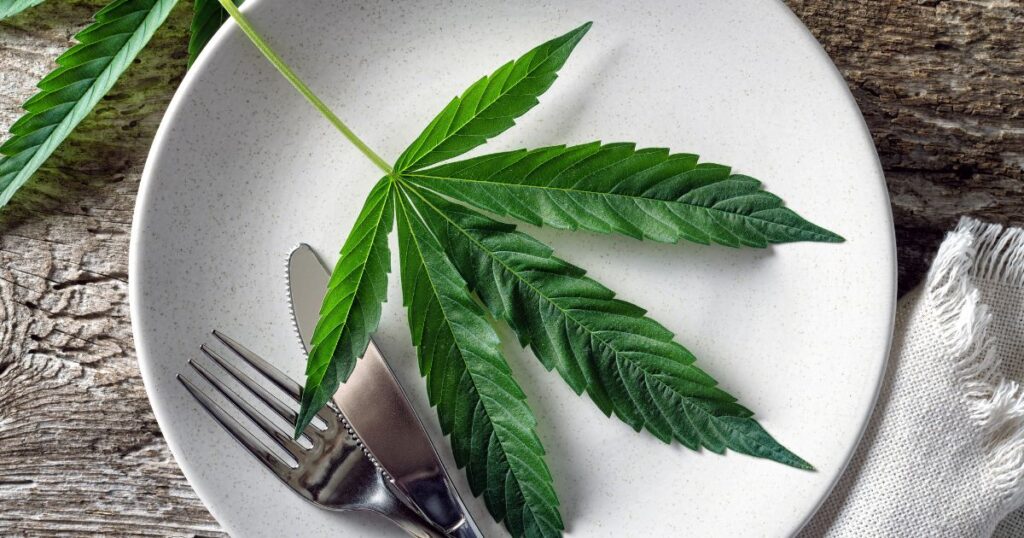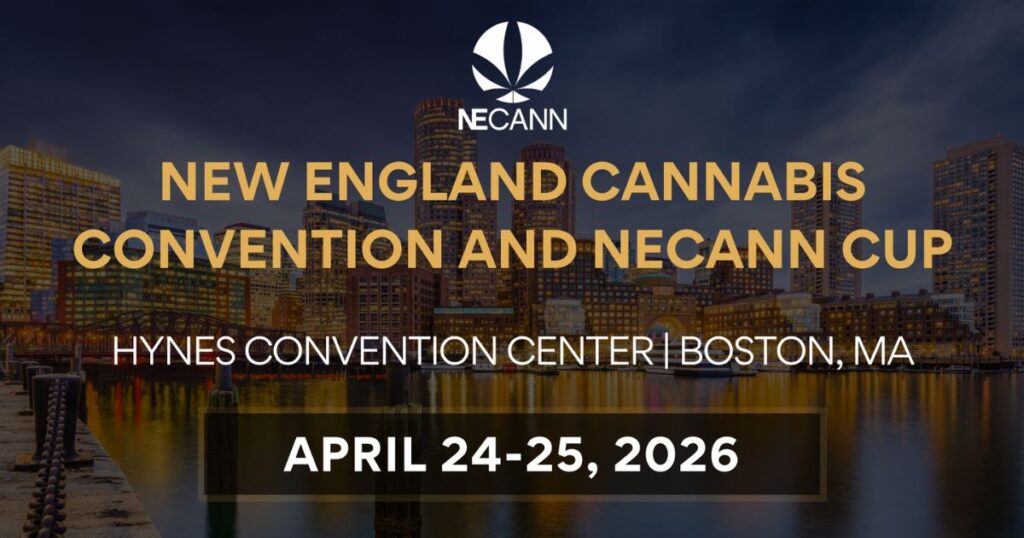Cannabis edibles have long been associated with junk food binges and indulgent eating, embodied by pop culture depictions of pizza boxes, candy wrappers, and greasy fast food bags littering movie sets. However, new data from a recent survey of 1,000 cannabis users is challenging this stereotype. The findings reveal that a growing number of cannabis users are taking a more mindful approach to their snacking habits, seeking healthier options to complement their highs.
With cannabis entering the mainstream market and appealing to a more health-conscious audience, the desires of consumers are shifting. This evolution isn’t just changing how people think about snacks; it’s reshaping the cannabis edibles market and consumer culture as a whole.
Breaking the Junk Food Stereotype
For decades, cannabis users were thought of as junk food connoisseurs, driven by a wave of THC-fueled cravings to devour chips, cookies, and mountains of fast food. While there’s still some truth to this, a recent CBD Oracle survey reveals a more up-to-date reality. A surprising 63% of cannabis users surveyed stated they “always” or “sometimes” try to choose healthier snacks when experiencing the munchies. Among daily users, that number rises to 75%.
Far from the days when a pack of cookies felt like the only option, one in four participants reported that fresh produce such as fruits, salads, and smoothies were among their most craved munchie indulgences. This health-oriented trend aligns with larger societal shifts toward prioritizing wellness and nutritional balance, even among cannabis users.
Cannabis Edibles in the Evolving Market
One of the most obvious indications of cannabis making its way into the mainstream is how the edibles market has diversified. Historically, cannabis-infused edibles were primarily limited to ultra-sugary brownies, cookies, and gummies. These treats cater to a niche audience seeking maximum potency alongside tasty treats. Over time, as this survey highlights, however, consumer preferences have begun to transform this sector.
Today’s edibles market reflects a blend of culinary innovation and health consciousness. Low-sugar gummies, protein-rich snack bars, and even infused teas are growing in popularity. Companies are responding to feedback from modern cannabis users who want their THC-laced snacks to complement their lifestyles, rather than derail their diet and health goals. For example, brands are creating vegan and gluten-free options, as well as focusing on precise dosage to help consumers maintain control and avoid overindulgence.
Challenges of Moderation and Guilt
Despite growing interest in healthier options, the “munchies” remain a double-edged sword for many cannabis consumers. While the survey indicates many users try to make better choices, over 53% admitted that feeling hungry after consumption makes it harder for them to meet weight and nutrition goals. Additionally, 43% reported feeling guilty after indulging in less-healthy snacks while high.
This internal conflict shows the complexity of the munchies. THC stimulates the appetite by releasing ghrelin, a hormone known as the “hunger hormone.” While this effect can be advantageous for individuals seeking to increase their caloric intake (e.g., for medical treatments that suppress appetite), it also makes maintaining control challenging for others.
For daily cannabis users, the struggle can be particularly pronounced. These individuals get the munchies more consistently and reported spending an average of $70 per week on snacks alone, compared to far less frequent spending by occasional consumers. However, daily users also demonstrated greater efforts in addressing these cravings by pre-planning meals or focusing on nutrient-dense snacks.
Health Consciousness Signals a Shift in Cannabis Edibles Marketing
The rising demand for health-conscious cannabis edibles is not just a fleeting trend. It signals a fundamental shift in how brands approach product development and marketing. While edibles were once almost exclusively marketed as decadent treats, modern cannabis companies often highlight functional and wholesome ingredients to appeal to today’s consumers.
This evolution is twofold. First, it makes cannabis more appealing and accessible to demographic groups that would have previously shied away from THC-heavy products. Second, it allows cannabis to more naturally integrate into the routines of health-conscious users as part of their wellness journeys.
Additionally, this wellness-driven focus supports inclusivity within the cannabis space. Gone are the days when edibles catered exclusively to the “stoner” archetype. Today’s audiences value representation in the form of products that meet broad dietary requirements, including vegan, gluten-free, and organic options.
Cannabis’ Path to the Mainstream
The results of this survey are an indication of how cannabis culture is steadily weaving itself into mainstream society. From normalizing the image of mindful cannabis consumers to evolving product offerings, the industry is positioning itself as both modern and inclusive.
These trends are likely to influence how cannabis is seen by both users and skeptics. When users fuel their highs with smoothies and nut bars rather than junk food binges, they help dismantle negative stigmas associated with cannabis use. By prioritizing holistic wellness, today’s users embody a new narrative that centers around balance, education, and fun.
Cannabis businesses, too, are recognizing how pivotal it is to adapt to consumer needs. By focusing on clean-label ingredients, offering personalized dosage options, and debunking myths about unhealthy cannabis habits, brands are helping usher in a new era of cannabis edibles.
While the stereotypes may never completely fade, healthier cannabis consumption is no longer the exception. For many, it represents a way to align their recreational habits with their values and goals. The rise of health-conscious cannabis users sends an important message to the industry at large, underscoring that cannabis culture has matured into a multifaceted community of consumers seeking both pleasure and purpose.
Whether it’s through fresh edibles, setting boundaries around the munchies, or acknowledging the social value of cannabis, the future looks bright for cannabis users who are integrating its benefits into their lives responsibly. Change isn’t just happening; it’s already here.























